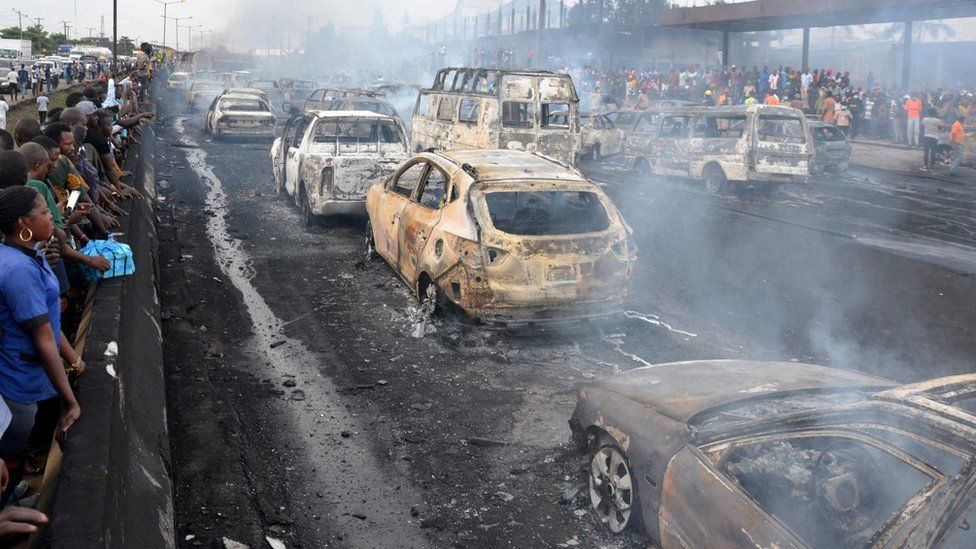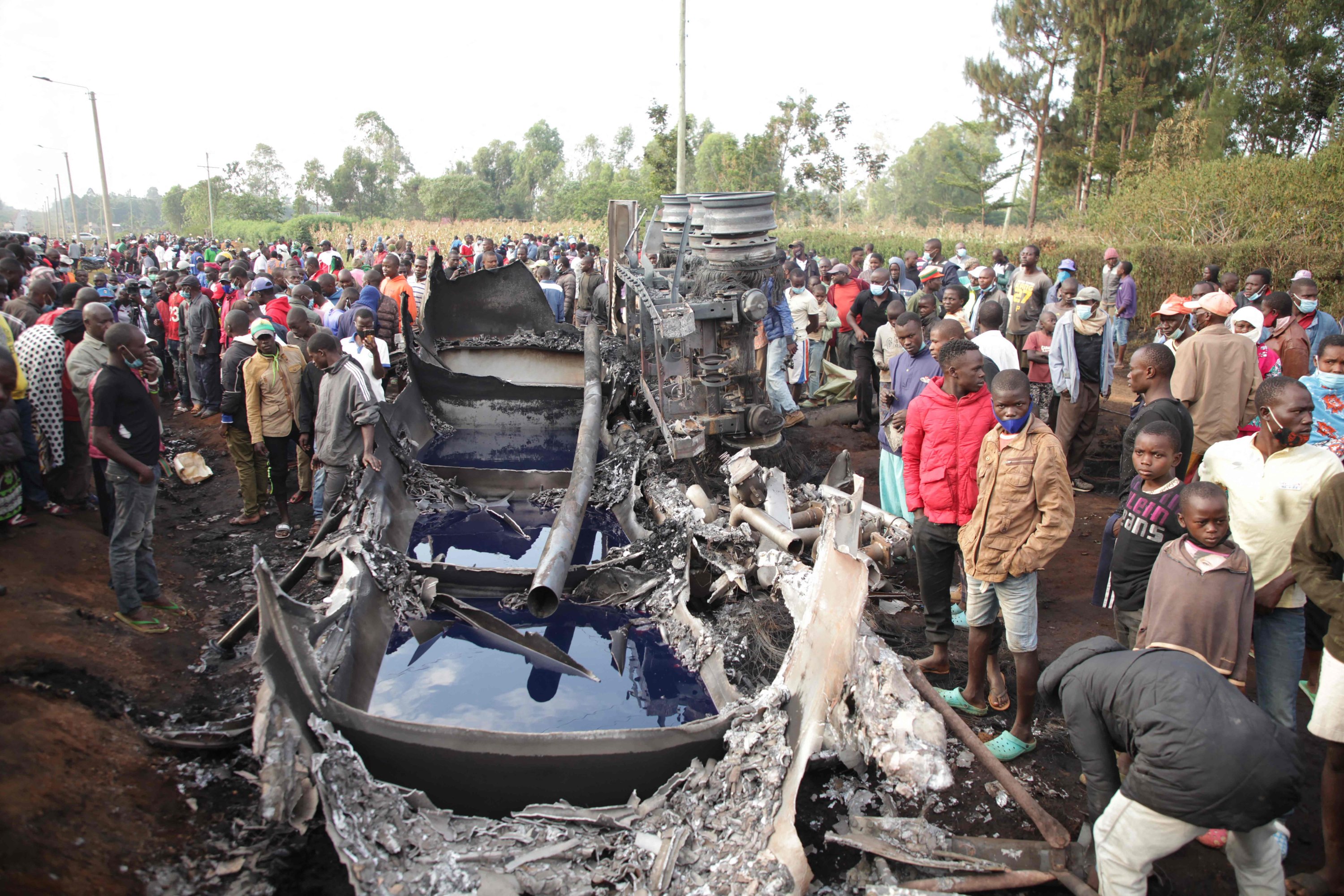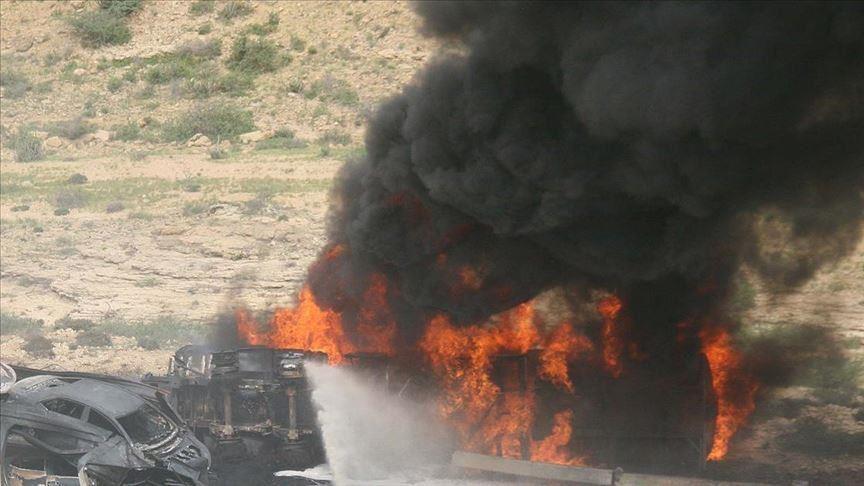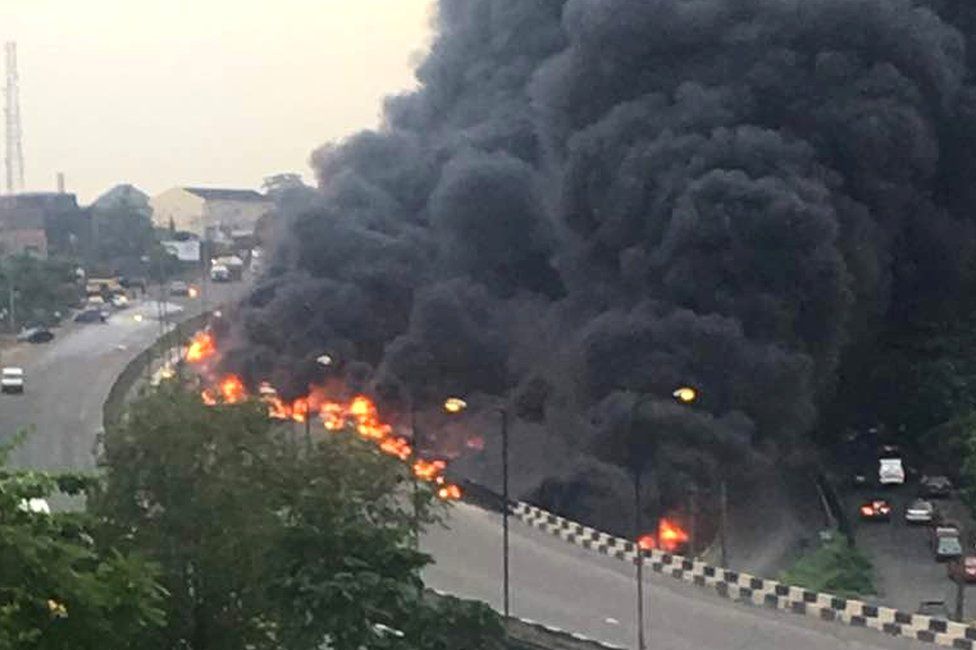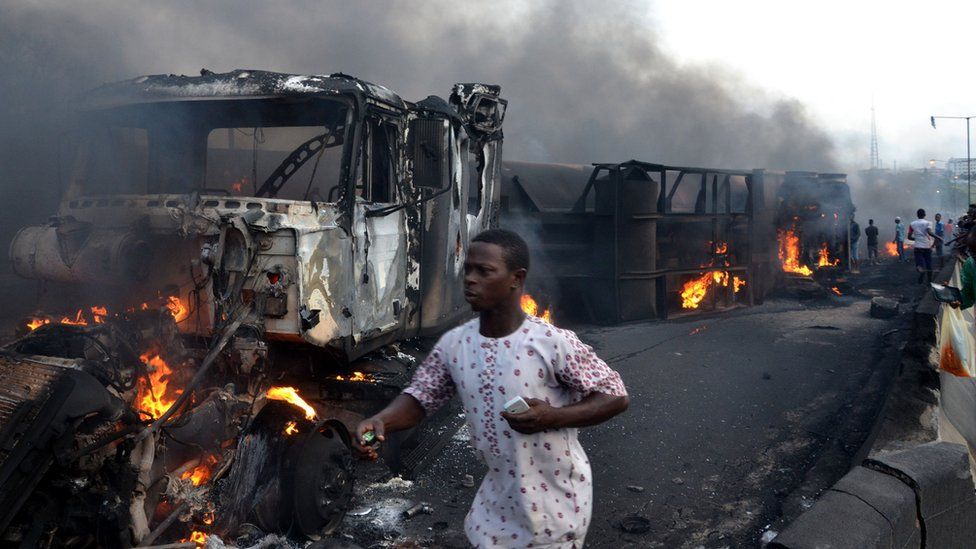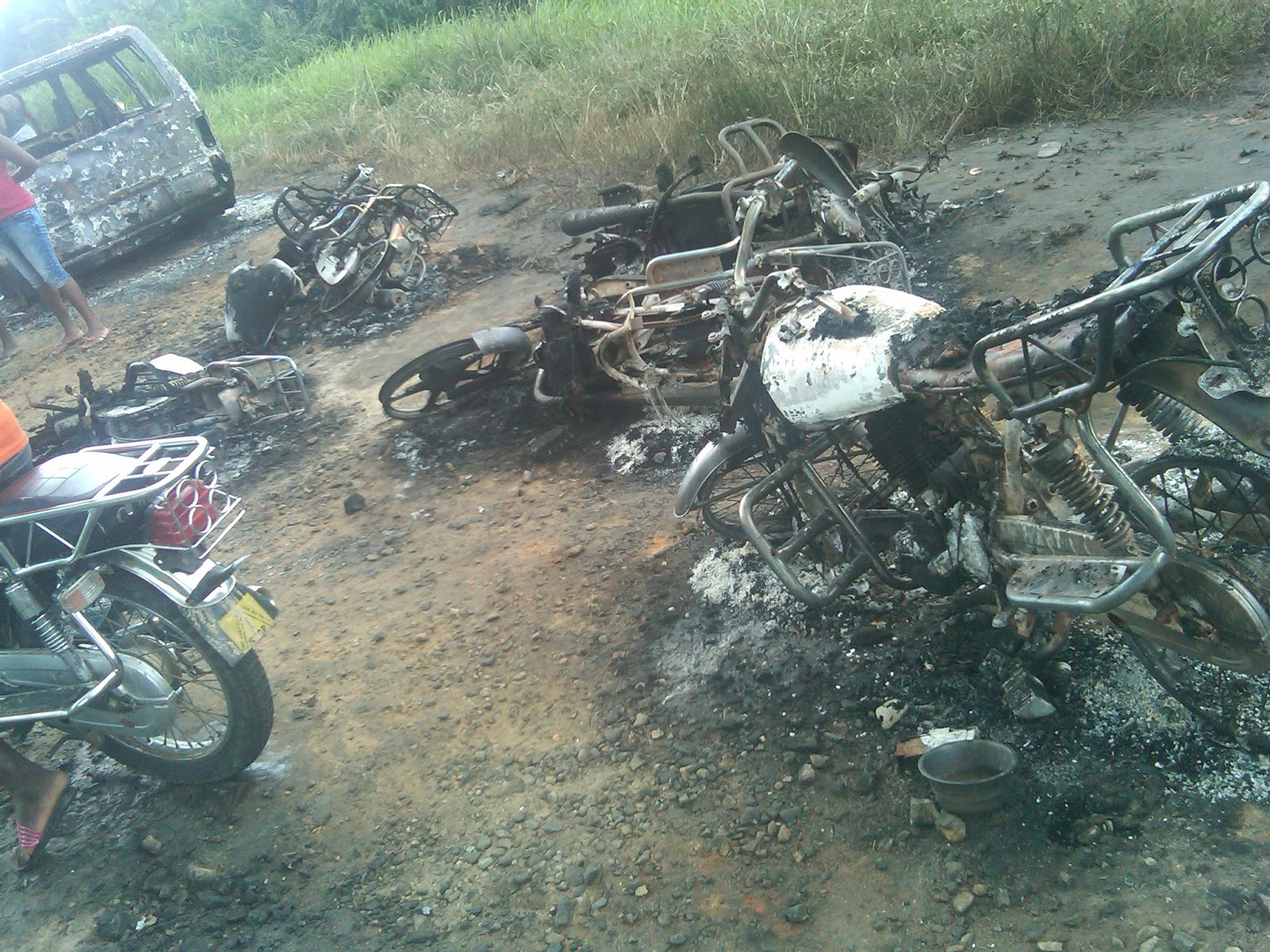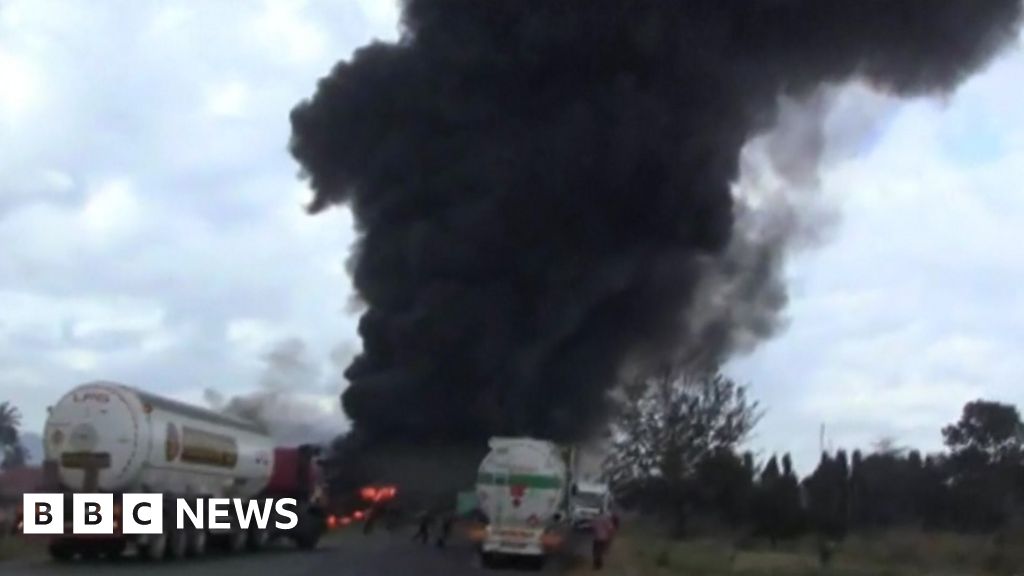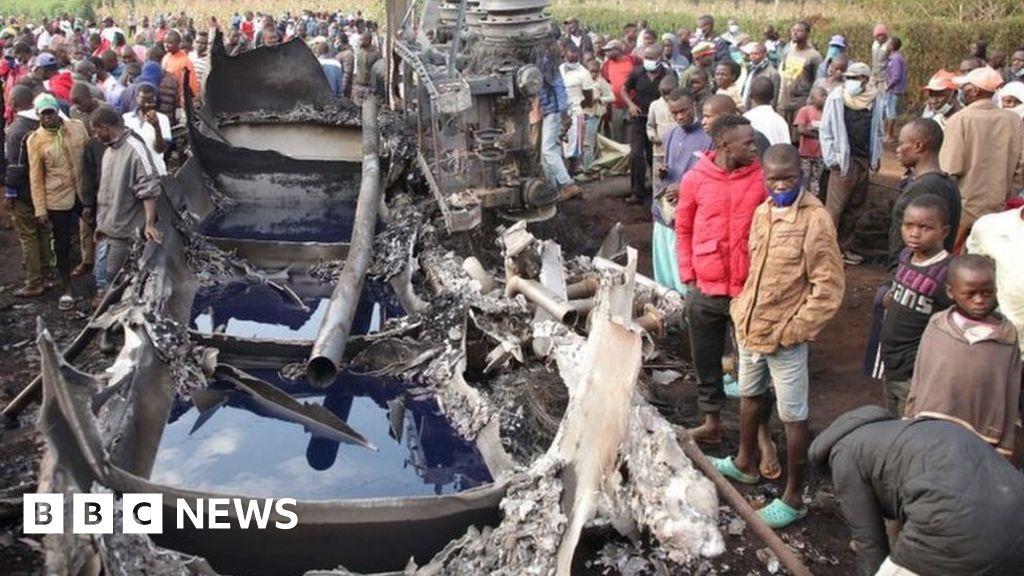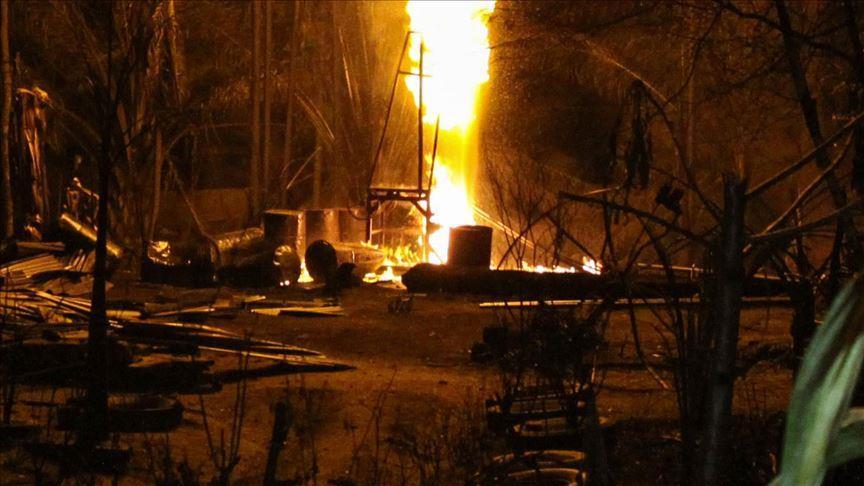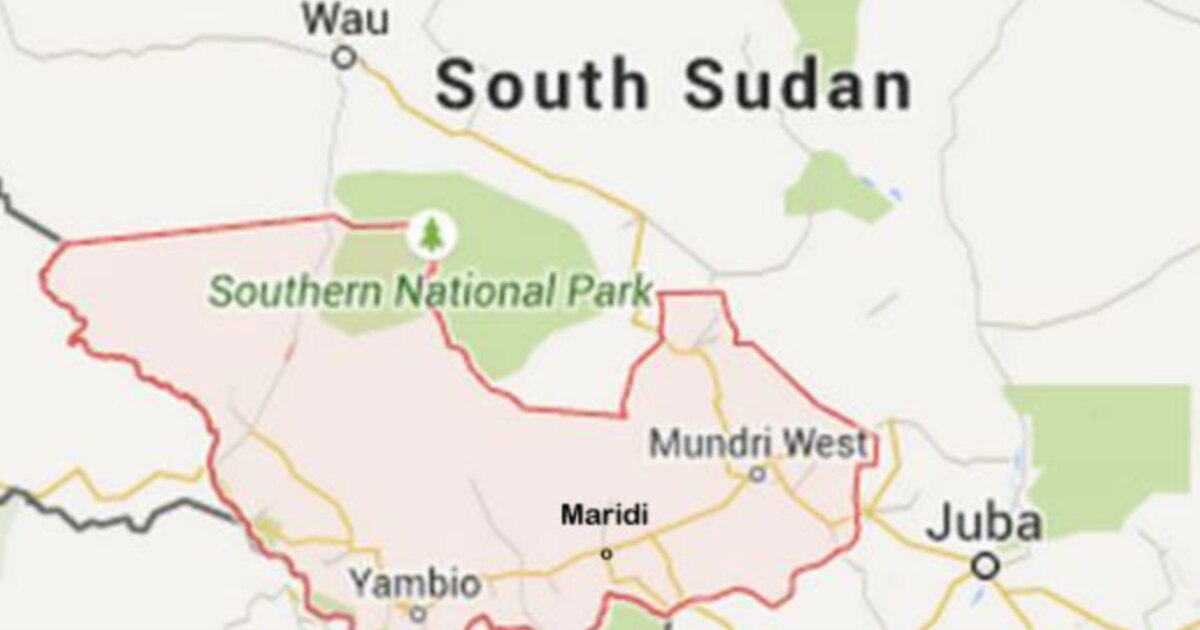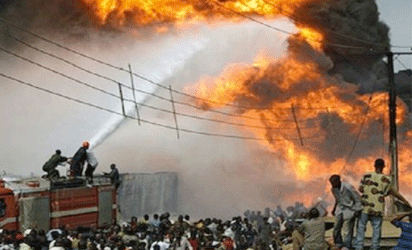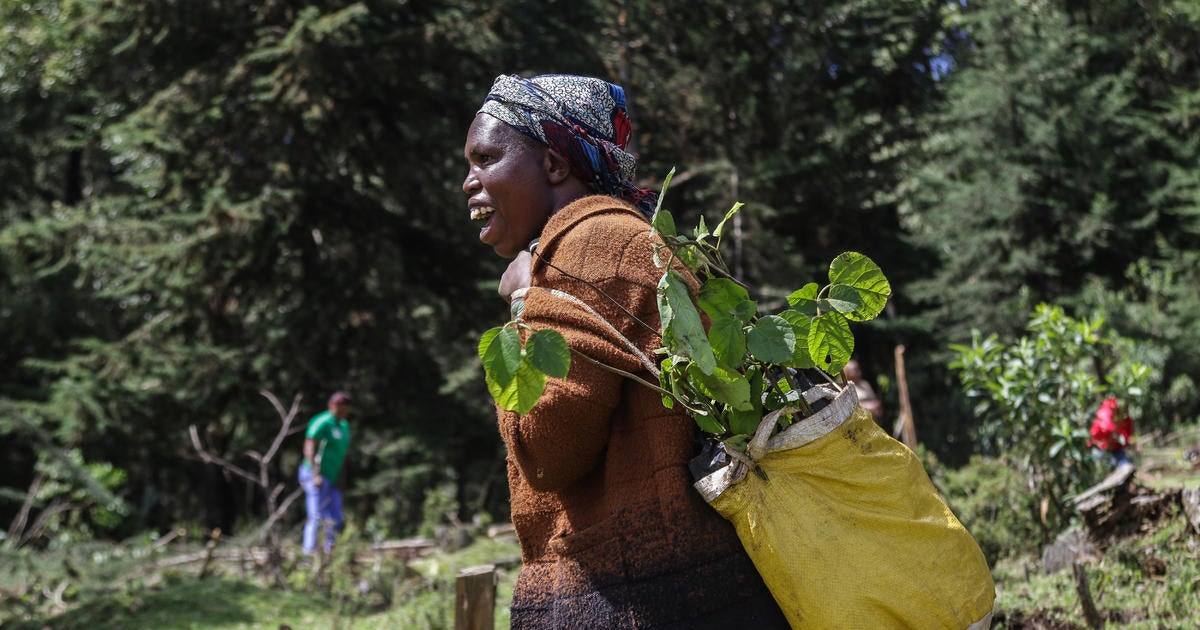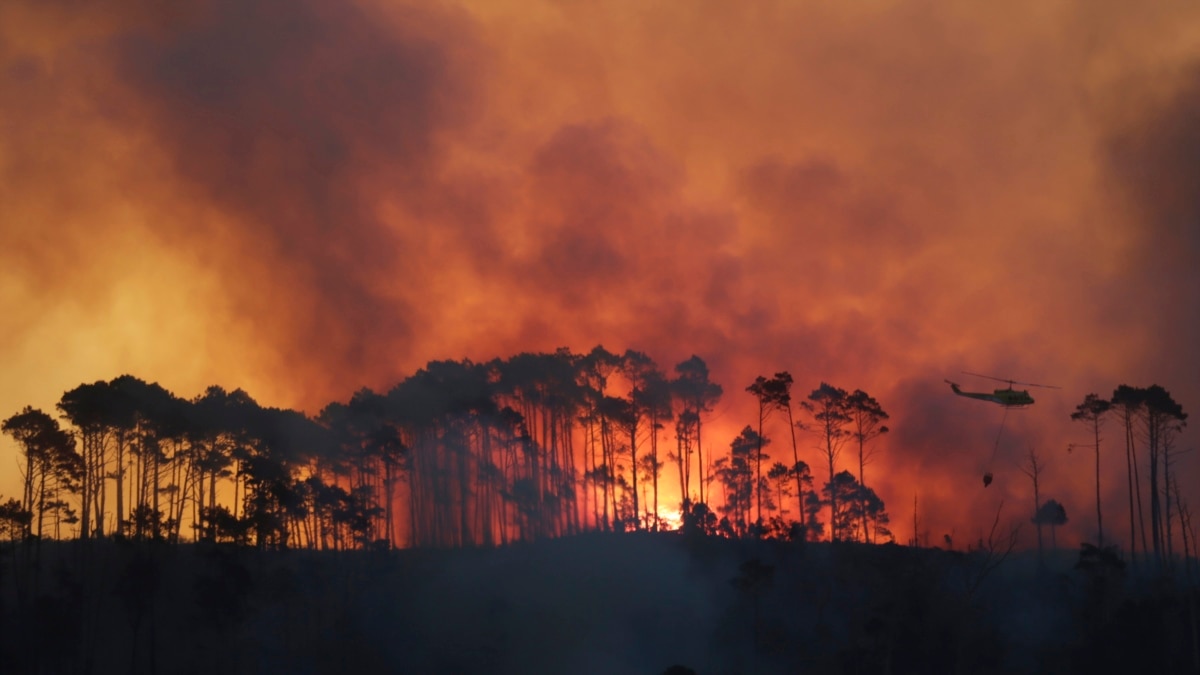Even with oil revenues, those countries (whichever they are) still had to take out unsustainable loans? How is that going to be better with renewables? You have to buy the equipment, materials, and parts (for repair). And it will be Africa spending money on getting these things from the global North.
I agree with Mary Robinson on this one. With the caveat, that many of these countries have to be far more competent than they have been. But then again, switching from oil to renewables won't mitigate the incompetence or corruption.
Because the "even with oil revenues" doesn't mean you're going to get development. It makes corporations rich and it makes their government benefactors rich but it doesn't help the people at large. Take Nigeria for example, by far the most profitable oil state in Africa - if anything, discovering oil in Nigeria actually retarded their development in the regions where oil is being pumped, their manufacturing sector in the 1950s was stronger before oil became part of their national economy. Oil brought conflict and corruption. The oil industry is completely different than any sustainable manufacturing sector or development-based energy like renewables because it's a high-profit, low-employment raw commodity that can easily line the pockets of whoever controls it while doing little else for the surrounding region. And that's why terror groups operate so easily in oil states - all they have to do is capture a drilling location or even just a truck and it becomes elementary to sell off the oil themselves and use the profits to fund their violence....which, in some cases, is all the government was doing with it anyway.
The same can't be said for renewable energy. A government official (or terrorist group) can't live off of a renewables sector unless they're actually
producing something out of it. You can't just steal the electricity or sell it off to a corporation and run away, you actually have to get that electricity into the grid and then make some productive use out of it if you want to maintain your profits and power. That's not like a raw commodity - that's automatically providing real jobs, automatically spurring real infrastructure. A government official who dumps a bunch of money into a renewables project and then fails to produce anything hasn't gained any power, he's just angered his people. The entire history of the 2nd half of the 20th century through today is a history of failed oil states (Russia, Saudi Arabia, Iraq, Iran, Nigeria, Libya, Angola...you can even add Venezuela and Mexico) whose massive oil revenues have not brought rights and development to their people and instead have become the epicenter of war over and over again. If you keep just believing the industry propaganda about this shyt, and don't take the actual social and political history into account, you'll keep making the same mistake that's done been made.
And besides the ease with which oil lends itself to corruption, besides all the pollution that's killing our poor more than any other single factor on Earth, besides all the environmental destruction from climate change that's become the #1 existential crisis on the planet, besides the environmental and social devastation of oil spills, besides all the funding of wars and terror without end, of course there's also this constant drumbeat of oil truck disasters that we haven't talked about yet.
The death toll from a fuel tanker that overturned and exploded on Saturday on a highway 200 kilometres west of the biggest city, Dar es Salaam, has risen to 82, hospital authorities said Wednesday.

www.rfi.fr
Scores of people are feared to have died after a tanker exploded in Okogbe town in Ahoada East Local Government Area of Rivers State this morning.

www.channelstv.com
LAGOS, Nigeria: An overturned oil tanker exploded in Nigeria while dozens of people were scooping up the leaking fuel and many were killed, police and witnesses said Saturday. Hundreds of people have died in similar accidents in recent years in Nigeria, Africa’s largest oil producer, as...

www.arabnews.com
Local authorities previously said 99 people had died when the tanker exploded following a collision in the eastern Freetown suburb of Wellington.

www.jpost.com
Many were trying to recover fuel from an overturned tanker when it exploded and killed 64 people.

www.bbc.com
People rushed to the scene of the crash to siphon petrol when the explosion occurred.

www.bbc.com
- Explosion took place when people were trying to scoop fuel from overturned tanker in Niamey - Anadolu Agency

www.aa.com.tr
Free Online Library: Congo in mourning as oil tanker explosion leaves 250 dead, over 100 injured. by "International Business Times - US ed."; Business, international News, opinion and commentary Explosions Casualties
www.thefreelibrary.com
About 50 people died and 100 were burnt on Saturday after an oil tanker collided with a vehicle on an arterial highway in the west of DR Congo, the acting

punchng.com
A fuel tanker exploded in northern Mozambique as residents gathered around to buy fuel from the driver on Thursday, killing 73 people and injuring 110 others, Mozambican media reported.

www.latimes.com
Officials say the death toll in the fuel tanker disaster near Maridi, in Western Equatoria state, has topped 200.

www.voaafrica.com
No fewer than 69 persons burnt to death Sunday evening when a trailer loaded with Premium Motor Spirit otherwise known as petrol that was descending from Army barracks side of Onitsha Enugu express way lost control and rammed into the Asaba Motor Park at Upper Iwekas Onitsha and exploded.

www.vanguardngr.com
A blog that aggregates Nigerian related news.

www.naijafeed.com
Scores of people are dead or missing in Kenya’s Rift Valley after an overturned petrol tanker caught fire and exploded.

www.independent.co.uk
In the fact of all these obvious, horrific problems of developing with oil, there's this constant claim of "it's the only way!" just because it's the old way. Looking backwards doesn't work. It's like insisting on landlines when mobiles were new - you're creating the outdated infrastructure of the past instead of adopting that which will move the people forward. If oil for development was such a slam dunk, it already would have been done decades ago. Instead we have corruption, terror, environmental devastation....and we still don't have development.




